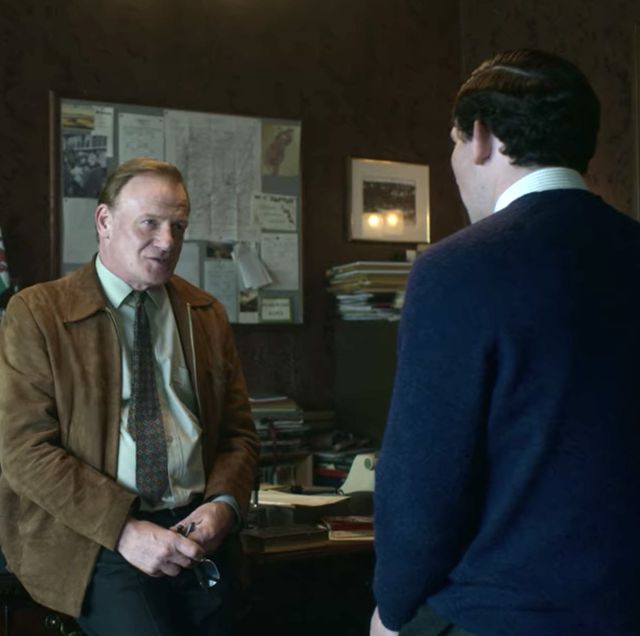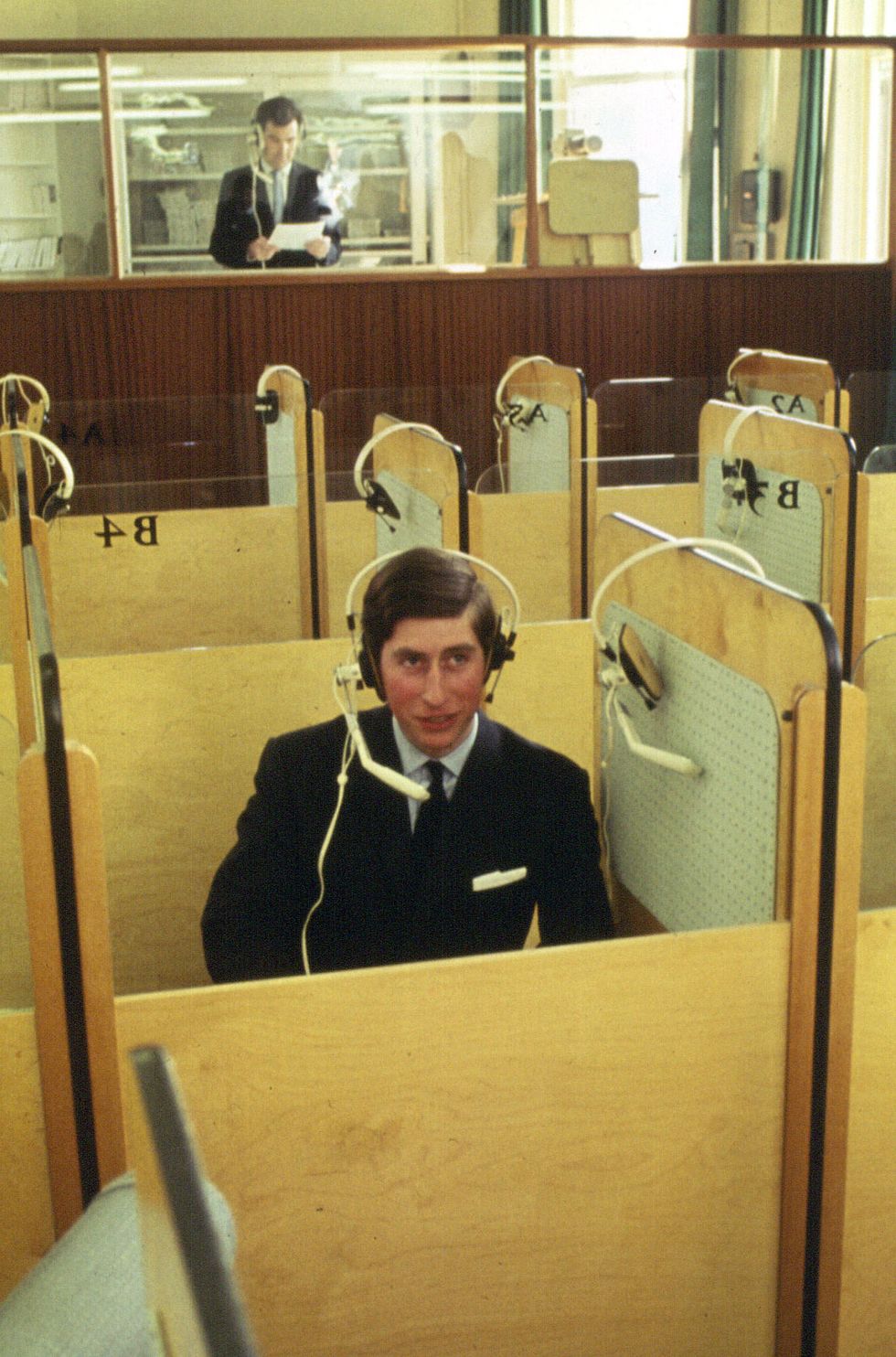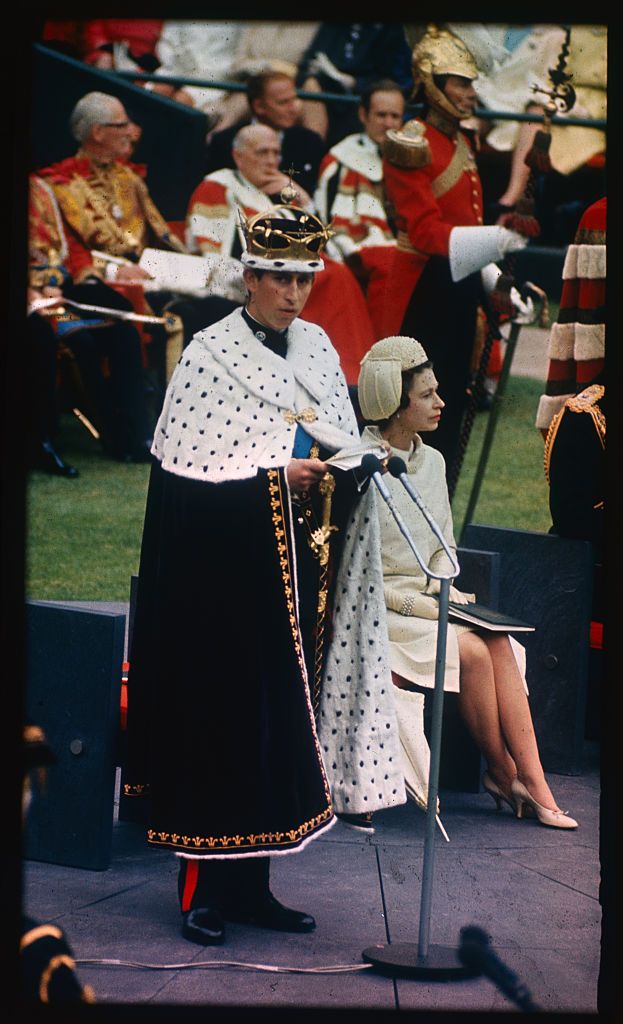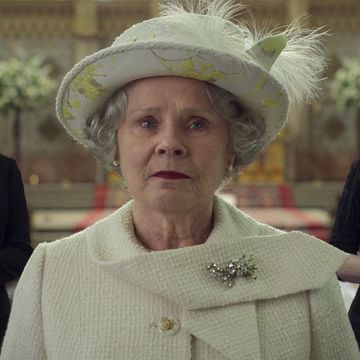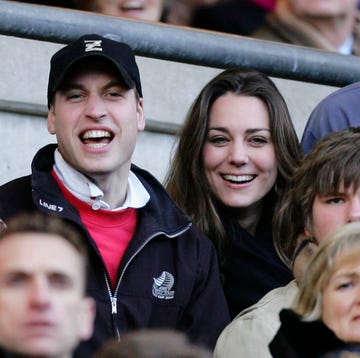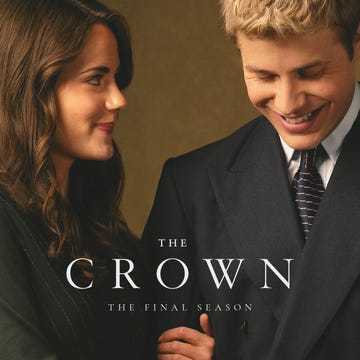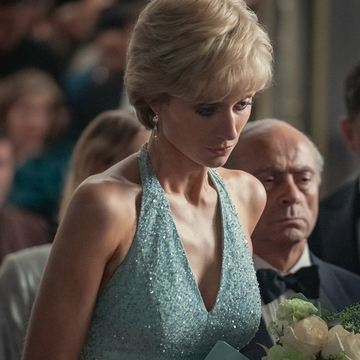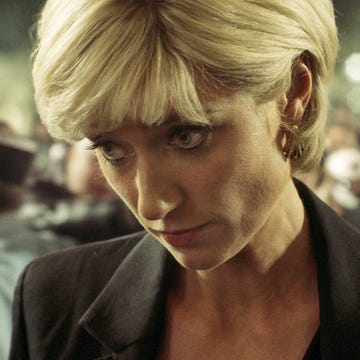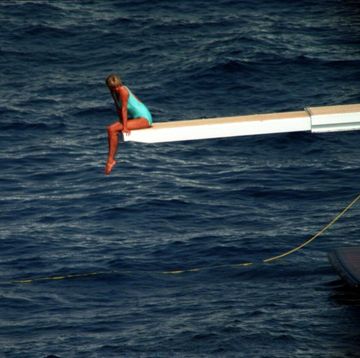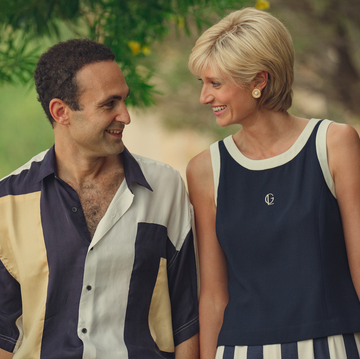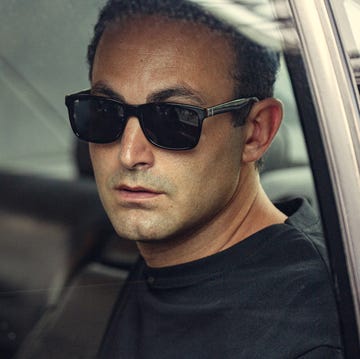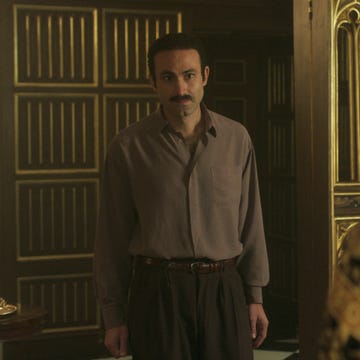The third season of The Crown expands upon the role of Prince Charles in the monarchy, as the future heir prepares for a life in the shadow of the throne. Episode 6 in particular documents Charles' time studying Welsh ahead of his investiture as Prince of Wales, and explores the fascinating dynamic between Charles and his tutor, Edward 'Tedi' Millward, a professor of Welsh language at Aberystwyth University and a staunch Welsh nationalist who opposed everything Prince Charles and the British monarchy stood for.
In The Crown, Charles is sent to study in Wales as a grand gesture of peace. The plan, as the royal family and the government see it, is for Charles to appeal to the Welsh populace by immersing himself in their culture and addressing them in the Welsh language. Britain wants to avoid a Welsh uprising, particularly as the Welsh Nationalist movement grows stronger.
Of course, Charles isn't happy about leaving Cambridge, where his acting extracurriculars are thriving. He feels isolated and lonely in Wales, but finds intellectual stimulation in the form of his tutor, Millward. The professor is a passionate speaker vocal about Welsh rights and a figure unlike anyone Charles has met in his life. Millward is initially opposed to teaching Charles given his distaste for the title "Prince of Wales" and the monarchy's claim over the country as a whole, but eventually, he agrees to take the young royal under his wing and hopes he can use him to the movement's advantage. By the end of their time together, the two share a bond, with Millward opening Charles' eyes to the reality of Welsh life under British rule.
Here’s everything we know about the real-life Edward Millward and the relationship he had with Prince Charles.
Millward had a history of activism.
The Crown is accurate in depicting Millward’s passion for the people of Wales, and his desire for the country to exist outside the control of Great Britain. According to historian and The Crown advisor Robert Lacey in his book The Crown: The Official Companion Volume 2, Millward was vice president of Plaid Cymru, the political party that advocates for Welsh independence from the U.K. (the name translates to "Party of Wales"). Millward also started the Welsh Language Society with historian John Davies to promote its usage and speaking across the country. "Our aim was to bring the fate of Welsh into the public eye," Millward told The Guardian in 2015.
Millward was hesitant to teach Charles.
Millward was taken aback when the school chose him to teach Charles. “By that point I was a well-known nationalist, so I was a little surprised when the university asked me if I would teach Welsh to Prince Charles, for a term, in 1969,” Millward told The Guardian. “He had a one-on-one tutorial with me once a week. He was eager, and did a lot of talking. By the end, his accent was quite good.” The article doesn’t go into detail about the intricacies of their relationship, but Lacey writes, "by the end of their eight weeks together Millward and Charles had grown genuinely fond and respectful of each other."
As The Crown depicted, Millward's friends and wife, Silvia, did not want him teaching the prince, Lacey writes. "People's opinions were divided, for and against at the time," Millward said in a 2001 documentary The Real Prince Charles. "And one did feel that one was walking a knife's edge." Charles revealed in a 2019 ITV documentary that he remembers protests against him taking place while he studied in Wales, according to The Telegraph.
Lacey points out that Millward decided to teach Charles in order to educate him about the Welsh National cause. Lacey quotes Professor John Ellis, who wrote, "Millward believed that direct access to the prince gave Plaid an unprecedented opportunity to influence the thinking of Prince Charles and to turn the ceremony to the party's advantage." Millward also hoped to drum up interest in the Welsh language through its association with Prince Charles, according to Lacey.
Charles admitted he wasn't talented in the Welsh language, despite his lessons.
“I did my utmost to learn as much as I could,” Charles said in the ITV documentary, according to The Telegraph. "But in a term it’s quite difficult, and I’m not as brilliant a linguist as I’d like to be." However, Lacey writes that "Charles had a Welsh accent to match that of many lifelong Welsh speakers," at the time of his investiture.
Millward's family told Lacey the professor was disappointed Charles didn't continue his study of the language after the investiture.
Charles’ time with Millward led to a love of Wales that endures today.
Charles has a special relationship with Wales and its people to this day. He recently made time to visit the Welsh rugby team ahead of their World Cup matches, and according to The Telegraph, he describes the country as “magical.” Prince Charles and his wife Camilla, the Duchess of Cornwall, even own a home in Wales today, which the prince said he wanted to purchase as a way to “indicate as much interest and concern for people in Wales that I possibly could,” the Telegraph reports. The two spend a week in the country every year, and the prince visits regularly to attend special events.
